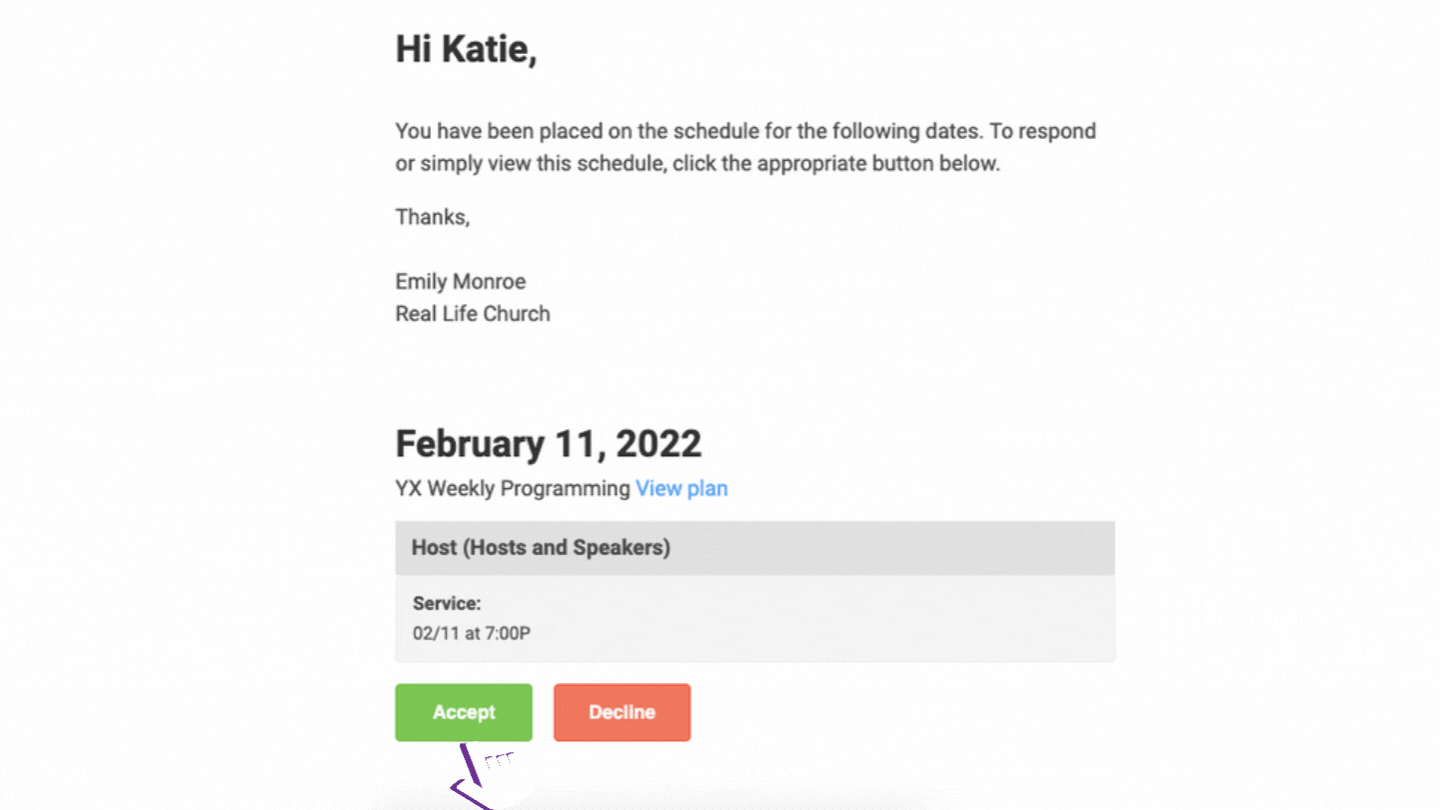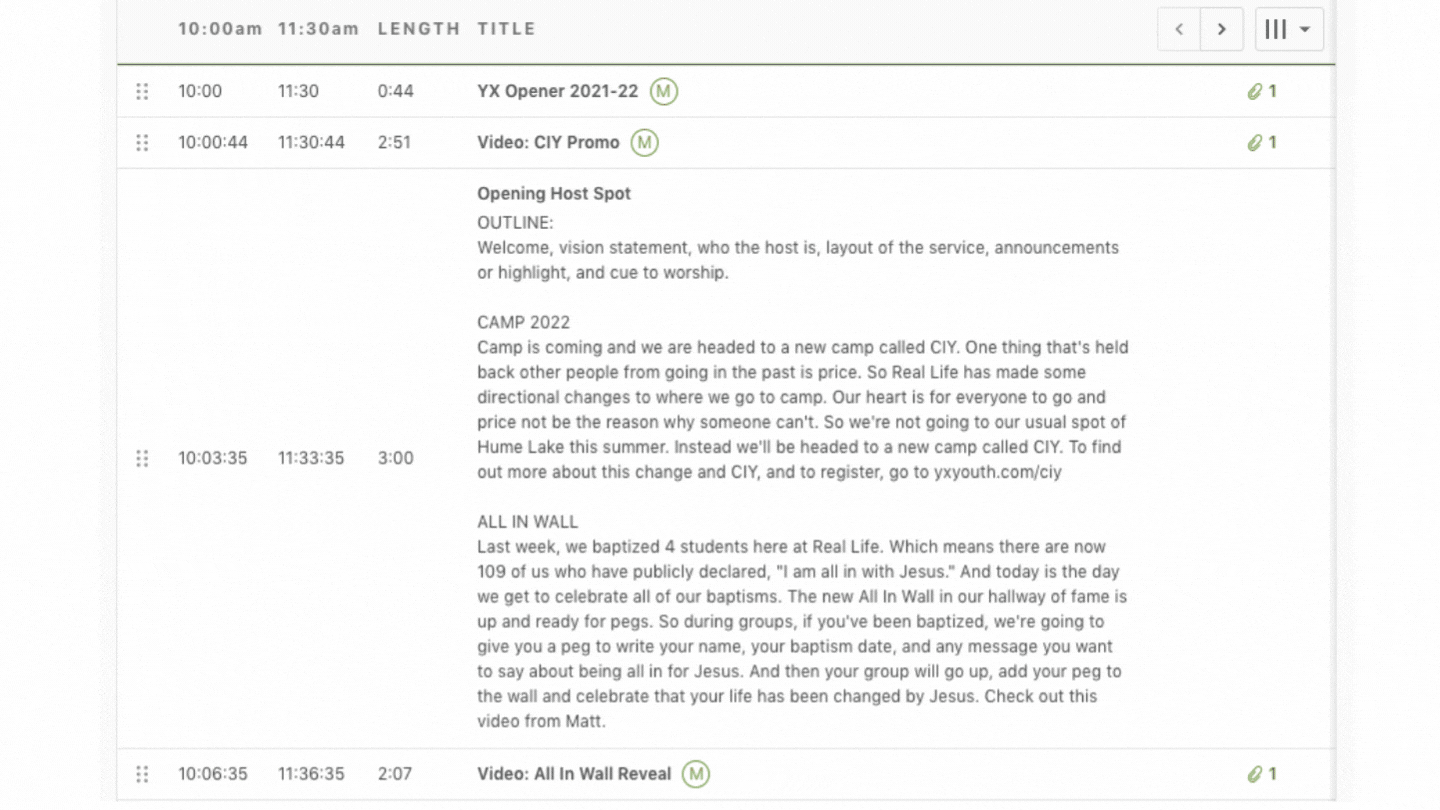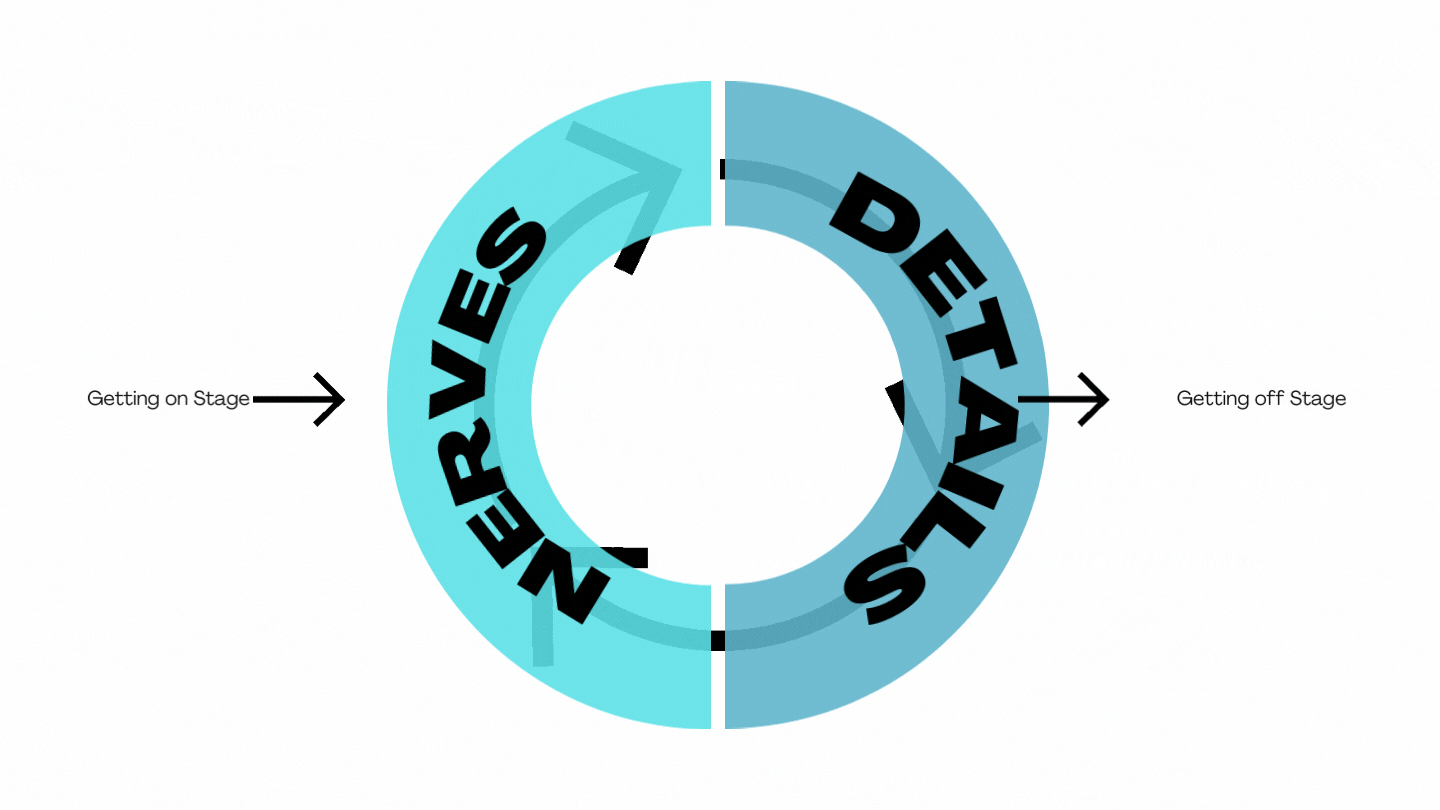As each has received a gift, use it to serve one another, as good stewards of God’s varied grace: whoever speaks, as one who speaks oracles of God; whoever serves, as one who serves by the strength that God supplies—in order that in everything God may be glorified through Jesus Christ. To him belong glory and dominion forever and ever. Amen.
1 Peter 4:10-11 ESV
What does a host do?
A host is the one running the party.
If you’ve ever had guests over, you know what it’s like to play host. You want people to feel welcome, know what’s going on and what they can do, and you want them to have a good time.
Our services hosts are doing exactly that. You are welcoming old friends and new guests. You’re being helpful to new people by sharing what’s going on and what to expect. And you’re helping everyone, new and old, know what we’re doing today and what’s coming up in the coming weeks.
So what do you do as a host? You host the party. You serve others by using your gift of public speaking.
Hosting Outline
Hosting is the delicate task of engaging your audience as you move through an outline. The outline typically follows a similar pattern each and every week. The outline makes up the lines of the coloring book. How we say it each week is where we use our gift of public speaking to color within those lines.
Being familiar with the outline frees you up to keep coloring and engaging your audience. You don’t have to memorize scripts. Just learn the “typical outline” of hosting. Once you know the typical outline, you can prepare yourself each time you host by knowing the announcements or highlight and adding color to the outline.
OPENING HOST “Typical outline”:
Welcome everyone.
Give some vision for YX.
Introduce yourself.
Layout the service.
Share announcements or a highlight.
Transition to band, video, or whatever's next.
Closing host “Typical outline”:
Thank the speaker.
Button up (but don't re-preach) the message.
Set up groups.
Help new people.
Cue to groups.
Example script.
An example script of an opening host spot and a closing host spot.
Opening HOST SPOT
Welcome everyone.
Hey everybody, so glad you're here.
Give some vision for YX.
YX is all about real relationships. That's why everything we do here points to small groups.
Introduce yourself.
My name is Sebastian, and I lead a group of 10th grade guys.
Layout the service.
We're going to worship together as the band leads us in some songs. We’ll hear a message, then go to groups and talk about it. All in all, we'll be together for about an hour.
Share announcements or a highlight.
And there are a few things we'd love for you to know about and be a part of coming up.
One of those things is Halloween. We're doing a group costume and best costume wins the VIP treatment the next week at YX with a couches section, slurpees, and ice cream. So brainstorm together as a group.
Another thing you may want to try out is our skate team. We meet every Monday night to skate together. You can find more details on our website, yxyouth.com, or just show up this Monday at 5:30 at the Santa Clarita Skate Park.
Transition to band, video, or whatever's next.
Okay, so we're going to worship together now. This is our chance to forget about the week and focus in on Jesus, so let's stand and sing together.
CLOSING HOST SPOT
Thank the speaker.
Thanks Matt, that was so good.
Button up (but don't re-preach) the message.
I love that our desire to aspire comes from God, so he wants us to be ambitious. One thing that really stood out to me is how ambition isn’t just bad, it can be a really good thing when God works on our motives.
Instructions for groups.
And we can't wait to hear what you have to say and how we can start partnering with God, so in just a moment we are going to head to groups.
Newcomers who missed check in.
If you're new and you’re not sure where to go, you can go out to our lobby to our Start Here team, they can get you in the right group. You can head that way when we go to groups and they'll help you find a group and get you into the right one tonight.
Cueing moment
Alright, so stand up, head to your group, and we'll see ya soon.
Hosting schedule.
How to get ready for hosting:
Step 1: Confirm the Planning Center email.
Step 2: Read over the script in Planning Center.
Step 3: Show up at 8:50am to talk through it then run through it.
We meet in the green room of the student building auditorium at 8:50am to pray and talk through the order of service. Then we run a rehearsal on stage with the host, band, and speaker.
Step 4: Host.
You’ll be hosting (unless otherwise planned) for both J High at 10am and HS at 11:30am. You don’t have to sit through both services, just know when the opening and closing host spots happen in service and make sure you make them.
Step 5: Ask for feedback.
Keep honing in your craft! Look for ways to get better at communicating and ask someone to give you feedback on how you can improve.
The best advice we could offer?
Don’t just get through it, push into it.
Don’t just get through it worried about the details and your nerves. Push into it and give warmth and moments to your audience. In other words, just love the people you’re talking to and keep it loose.
The no-no's and yes-yes’s of communication.
How to excel at hosting and what to avoid.
The No-no's of communication:
Nothing churchy. This would include a lot of things, including, "Amen?" "All God's kids say..." "We're expectant for God to show up in this house tonight." And calling the crowd "Church."
No overselling. That event may not be the best thing ever or something that will completely change their lives.
Avoid the words “awesome” and “incredible.” If everything is awesome and incredible, then nothing is.
It's not about staff or the people on the stage.
We save our exclamation points for “major milestones:” baptisms, serving, and inviting others.
Don’t say “dismissed” when sending to Life Groups.
Don't rush it. Have a healthy pace and let moments breathe.
Don't call for applause or woo's more than once. "Who's excited for that?" You get one. Use it well.
Don't be too authoritarian. The host spot isn't the place to discipline the crowd.
Don't call a time of death on the crowd. No-no's would include: "Wow, you guys are dead." or "Where is everybody?"
No inside jokes. Nothing that alienates the crowd. Don’t single a student out or make jokes at anyone’s expense.
The Yes-Yes's of communication:
Our sense of humor is sharp. We don’t go for the low-hanging fruit.
Our hosts are genuinely them and don't have a "stage voice."
It is about students and group leaders.
Instead of dismissing to groups, our hosts use phrases like these to send to groups:
"All right, so you can stand up, find your group, and we will see you soon.”
“Ok thank you guys, go ahead and stand up and head to groups.”
"So let’s stand up, group up, and talk it up. Peace.”
Basically, follow this formula:
Cueing word.
“Ok…"
"All right…”
"So…"
"Here we go…”
Instructions.
"Stand up and go to your group."
Goodbye phrase that doesn’t close the night.
“Let’s go!”
“See ya soon.”
“Thanks everybody!”
Values of a great host:
Confident. Calm, cool, and collected.
Energetic. Engages the audience well.
Authentic. Doesn't try too hard.
Sign up to start hosting!
Additional Resources
To see how hosting fits into our service-planning strategy, check out our programming page.





